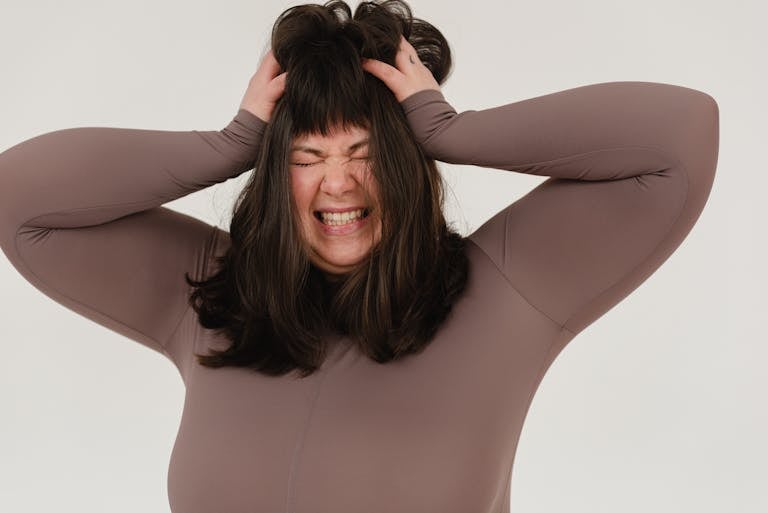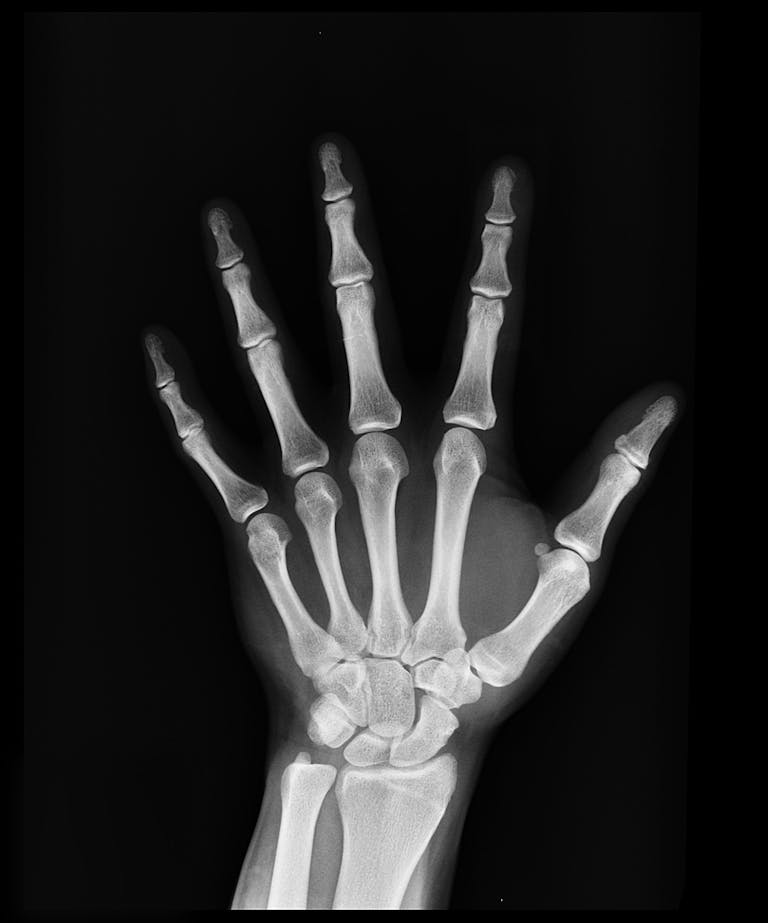Covid May Be Quietly Aging Our Arteries – Especially in Women
When we think about Covid-19, the first things that usually come to mind are fever, cough, or that dreaded loss of taste and smell.
But new research is shining light on something less visible, yet potentially more serious: the way Covid might be quietly aging our blood vessels by as much as five years—and women, in particular, seem to be bearing the brunt of it.
What the Study Found
An international team of researchers followed nearly 2,400 people across 16 countries, looking closely at the long-term effects of Covid on the body’s arteries. Normally, our blood vessels stiffen gradually as we age. That’s just part of life. But Covid appears to speed up that process, even in people who only had mild infections.
How did scientists measure this? They used a technique called carotid-femoral pulse wave velocity (PWV). Think of it as tracking how fast a pressure wave moves through your arteries—faster means stiffer, and stiffer means “older” in biological terms. The participants were tested six months after infection, and again at 12 months.
The results were striking. Compared to people who never had Covid, those who did showed noticeably stiffer arteries. For women, the impact was even stronger. In fact, even a mild case of Covid left women with arteries that behaved as if they had aged an extra five years.
Why Women Are More Affected
The study suggests that differences in the immune system might explain why women are more vulnerable. Women tend to mount stronger immune responses, which can be good for fighting infections. But in this case, that same robust response may cause extra damage to blood vessels, leaving them more prone to premature aging.
Researchers also noted that people with long Covid symptoms—like lingering fatigue and shortness of breath—were more likely to show this accelerated vascular aging.
Vaccines Make a Difference
Here’s a bit of good news: people who had been vaccinated generally showed less stiffening of their arteries compared to those who weren’t. While Covid still had an impact, vaccination seemed to provide some protection against these long-term vascular changes. And for many participants, the accelerated aging appeared to stabilize—or even slightly improve—over time.
Why This Matters
Stiff arteries aren’t just an abstract medical idea. They’re linked to higher risks of heart attack and stroke. An increase of just 0.5 meters per second in arterial stiffness is considered clinically significant. For a 60-year-old woman, that translates into roughly a 3% higher chance of developing cardiovascular disease.
With millions of people worldwide having experienced Covid—often multiple times—this isn’t a small concern. It could mean that a huge number of people, especially women, are quietly carrying an increased cardiovascular risk without even realizing it.

What We Can Do
The researchers stress that vascular aging can be measured and managed. Doctors already have tools—like blood pressure-lowering and cholesterol-lowering medications—that can help. And lifestyle changes, such as regular exercise, balanced eating, and not smoking, remain powerful ways to keep arteries flexible and healthy.
The lead scientists plan to continue following these participants for years, to see whether this accelerated aging actually translates into higher rates of strokes and heart disease. That will help confirm just how significant these early findings are.
Looking Ahead
Although the worst of the pandemic may feel behind us, studies like this remind us that Covid’s story isn’t finished. Its hidden aftereffects—like premature vascular aging—could ripple through our health for years.
But there’s a hopeful side to this too. The more we understand about these changes, the better we can intervene early. Covid may have aged some arteries, but science and medicine are not powerless in reversing the damage.
For now, the message is clear: pay attention to your heart health, especially if you’ve had Covid, and especially if you’re a woman. Your arteries may be telling a story that’s worth listening to.
Source: DOI: 10.1093/eurheartj/ehaf590 and DOI: 10.1093/eurheartj/ehaf430





